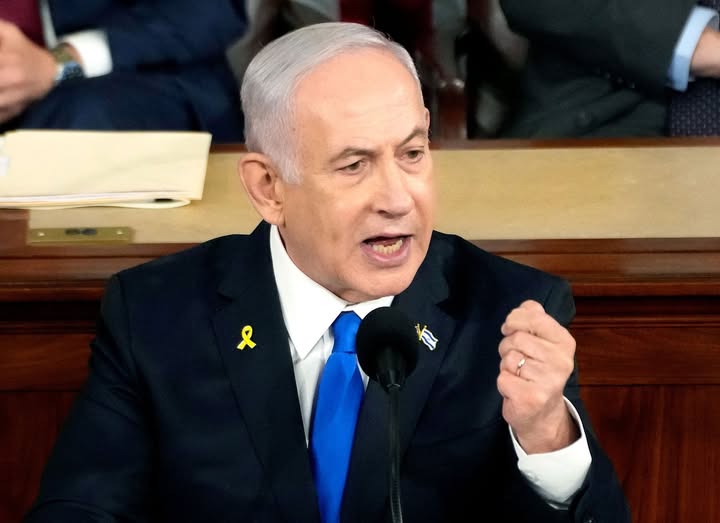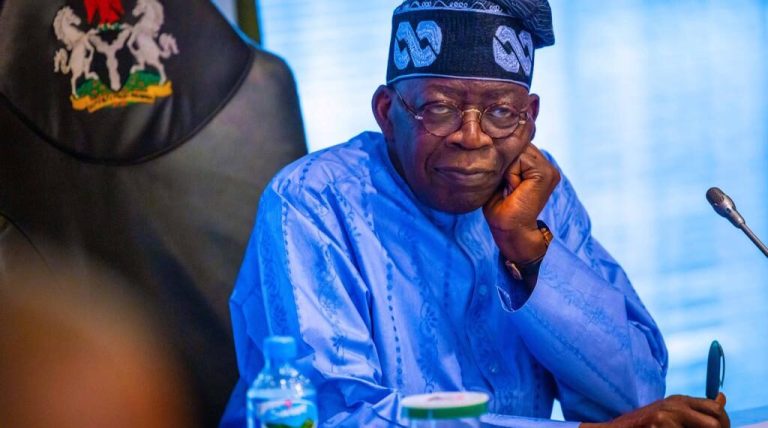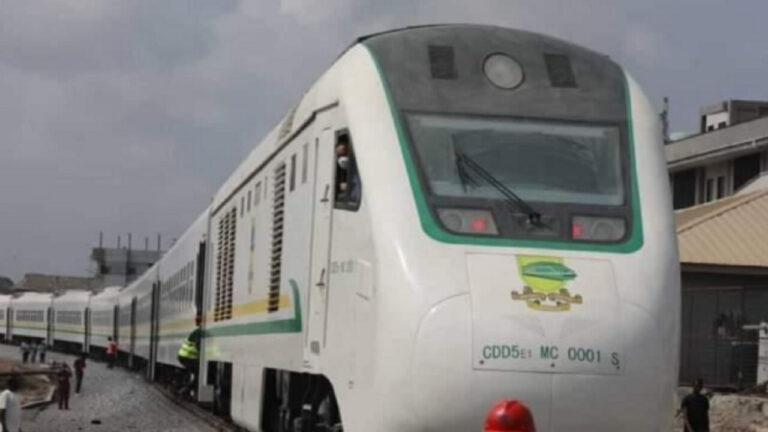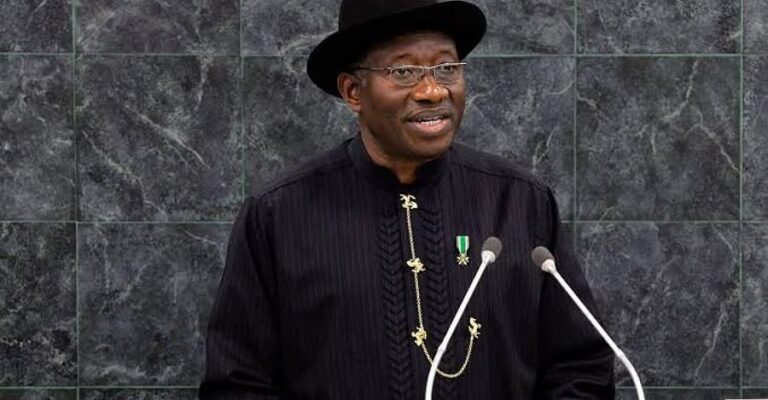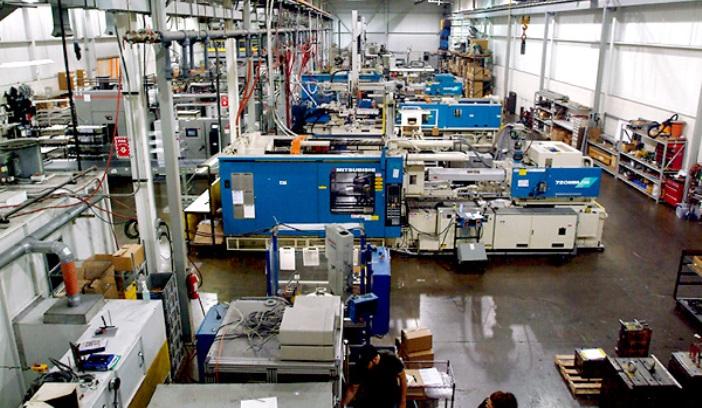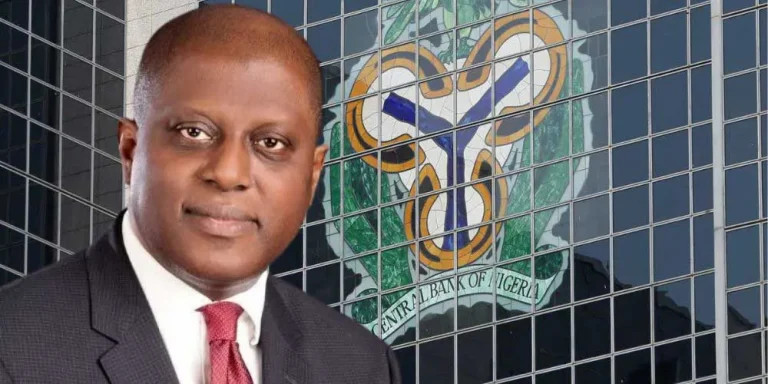Israeli Prime Minister Benjamin Netanyahu has formally asked President Isaac Herzog to grant him a pardon from ongoing corruption charges that have stretched into one of the longest and most contentious trials in the country’s political history. The request, confirmed by officials in Jerusalem on Tuesday, marks a significant escalation in a legal and political battle that has dominated national discourse for years.
Netanyahu is standing trial on several charges, including bribery, fraud and breach of trust. The cases centre on allegations that he accepted gifts such as cigars, champagne and other expensive items from wealthy associates in exchange for political favours. Prosecutors also accuse him of attempting to secure favourable media coverage through regulatory concessions.
The prime minister has repeatedly denied wrongdoing, describing the cases as politically motivated and insisting that he is the target of a campaign to remove him from office through the courts. His defence team argues that the charges do not meet the legal threshold for criminal intent and that the gifts he received were tokens exchanged within long-standing personal relationships.
The pardon request places President Herzog in a difficult position, as any decision is likely to deepen political divisions within Israel. A presidential pardon would halt the trial, while rejection of the request would leave Netanyahu to continue his defence in court.
Legal analysts note that pardons for serving prime ministers are rare and raise constitutional questions about the balance between executive authority and judicial independence. The President’s office has not indicated when a decision will be made.
The development comes at a time of heightened public tension, with protests and counter-protests regularly staged around Netanyahu’s legal troubles. His political future now hinges partly on the presidency’s response and partly on the pace of a trial that has already reshaped Israel’s political landscape.




